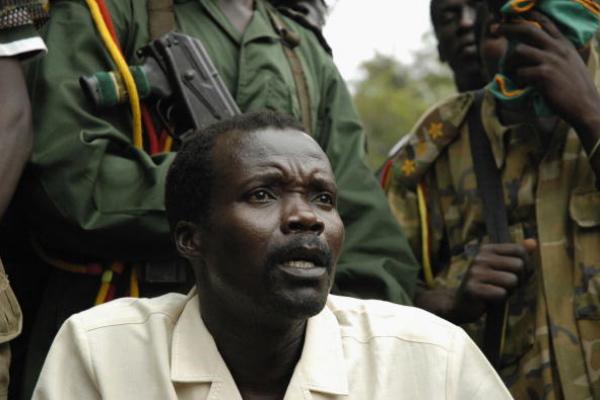Mar 12, 2012
“Nothing is more powerful than an idea whose time has come.”
So begins the Invisible Children’s KONY 2012 video that recently went viral. And yet, I would perhaps change this opening quote to say something like, “Nothing is more powerful than the stories by which we construct our identities,” because these stories determine who you believe you are and how you believe you can engage in the world and with others.
Powerful. Potentially dangerous. Always in some way failing in it’s accuracy and exclusive to someone else. Even with our best intentions.
Read the Full Article

Already a subscriber? Login
